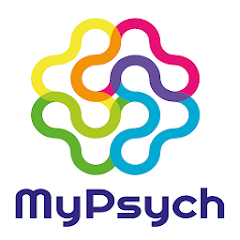Zuclopenthixol acetate (Clopixol Acuphase®) is NOT quick acting and should NOT be prescribed if immediate sedation is required.
It is a potentially toxic and hazardous drug which has the potential to be used inappropriately.
There is little published data to support its use in psychiatric emergencies.
The advice and authorisation of a consultant psychiatrist must be obtained before zuclopenthixol acetate is prescribed.
Zuclopenthixol acetate must never be given to anyone who has not previously received treatment with a first generation antipsychotic.
